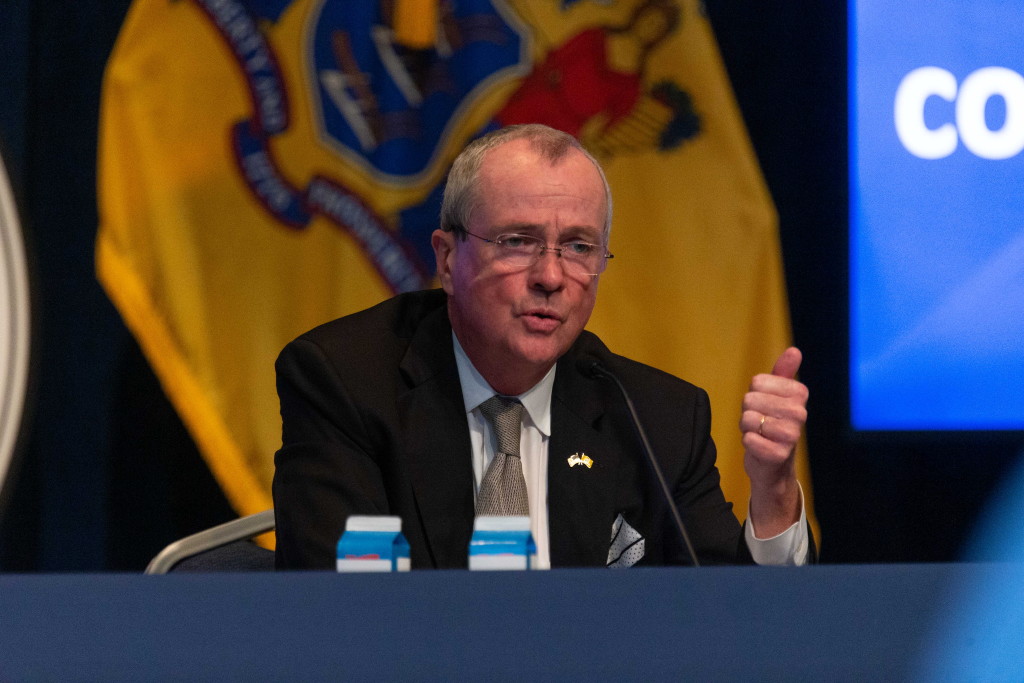On July 16, Democratic Gov. Phil Murphy signed into law the New Jersey COVID-19 Emergency Bond Act which authorizes the state to borrow up to $9.9 billion to address the fiscal crisis that has arisen as a consequence of the 2020 COVID-19 pandemic.
“The passage of this legislation is an important step in New Jersey’s recovery from the economic ravages of the COVID-19 pandemic,” Murphy said. “While this is by no means a silver bullet, the ability to responsibly borrow is essential to meeting our fiscal needs in the coming year.”
Taking a different view of the legislation was state Sen. Declan O’Scanlon (R-Monmouth), who said, “this devastating scheme is fiscally indefensible and unconstitutional. There is a legal opinion that says we cannot borrow without voter approval to fill a hole in our budget. In the most unaffordable state in the nation, it is unfathomable the Governor and Democrats would propose a ‘solution’ of this magnitude.”
According to a press release from the Governor’s office, under the law, the state has the authority to issue bonds totaling $2.7 billion for the remainder of the extended Fiscal Year 2020, which runs through Sept. 30 and up to an additional $7.2 billion for the nine-month Fiscal Year 2021 that runs from Oct. 1, 2020 through June 30, 2021, for a combined amount of up to $9.9 billion to be issued over the two periods.
The state is authorized to borrow through the issuance of general obligation bonds that can be sold to investors or through the federal government’s Municipal Liquidity Facility, which was established to help states and local governments across the country deal with the fallout from the global pandemic, according to the press release.
The state is also authorized to refinance bonds issued pursuant to the bond act. Debt service on this bond issuance will be repaid through the state’s General Fund, according to the press release.
“The current economic crisis is virtually unprecedented in both its severity and swiftness,” Murphy said. “Our unemployment numbers and drop in revenue have both far outpaced the worst months of the Great Recession (2008-09), so while we see this bill as an important step, our ultimate recovery will depend on a number of factors, including additional federal aid and savings within state government.”
In a statement, O’Scanlon, who is a member of the Senate Budget and Appropriations Committee, said that “faced with significant budgetary challenges that deserve responsible solutions, Murphy plans to pile on unimaginable levels of debt that will burden every New Jersey resident for the rest of their life, as well as the next generation that has yet to be born.”
He said borrowing $10 billion will produce a bill for taxpayers of more than $40 billion over the next 35 years.
“Young people in this state are just graduating and starting out. They could buy a home, pay it off over 30 years and still be left shouldering the burden of this reckless tactic for another five to 10 years,” O’Scanlon said. “Nobody living here signed up for that.
“Instead of tackling the problem head on and making the painful cuts and decisions the people elected him to do, Murphy wants to write a check that is guaranteed to break the back of many residents already living paycheck to paycheck,” the senator said.

